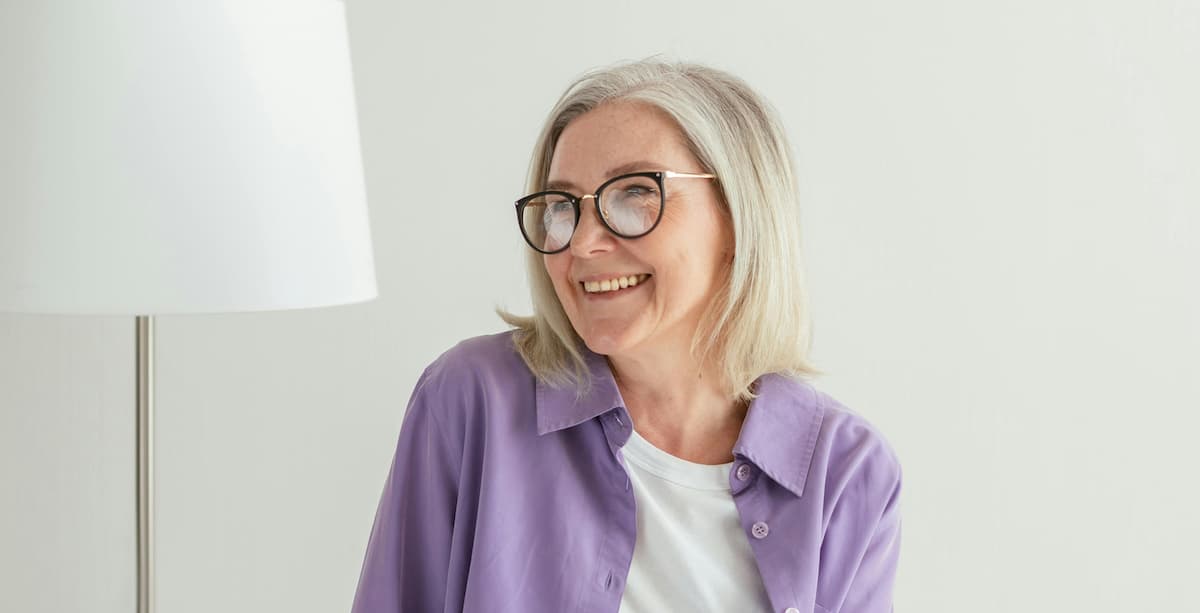Being prepared is important, but it needs a certain mindset to accompany it.
The key to staying positive is a combination of living in the moment and planning for the future.
Proactive planning is very effective at reducing stress.
Essentially, proactive planning means making plans for how to cope with inevitable problems.
For example, someone who knows they will be stuck inside all day makes themselves a schedule of activities to keep busy.
Similarly, a person who knows something will needlessly stress them out (say, the news) avoids it.
Although not every stressful event can be anticipated or ameliorated, many can.
Professor Shevaun Neupert, study co-author, said:
“It’s well established that daily stressors can make us more likely to have negative affect, or bad moods.
Our work here sheds additional light on which variables influence how we respond to daily stress.”
For the study, 233 people were tracked over 8 days.
Psychologists measured their ability to plan proactively along with their day-to-day levels of mindfulness.
Mindfulness is the quality of living and appreciating the present moment.
Each day people reported the stressors they faced, how mindful they were and their mood.
The results showed that proactive coping helped people feel better.
However, planning ahead only worked to improve mood when people reported being mindful.
So, it is a combination of thinking ahead and living in the moment that helps people stay positive.
Professor Neupert said:
“Our results show that a combination of proactive coping and high mindfulness result in study participants of all ages being more resilient against daily stressors.
Basically, we found that proactive planning and mindfulness account for about a quarter of the variance in how stressors influenced negative affect.
Interventions targeting daily fluctuations in mindfulness may be especially helpful for those who are high in proactive coping and may be more inclined to think ahead to the future at the expense of remaining in the present.”
The study was published in the journal Personality and Individual Differences (Polk et al., 2020).

